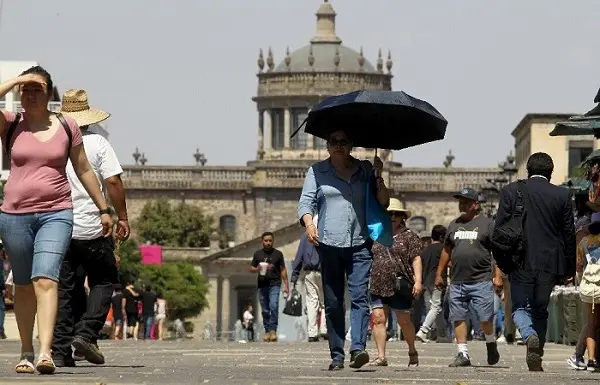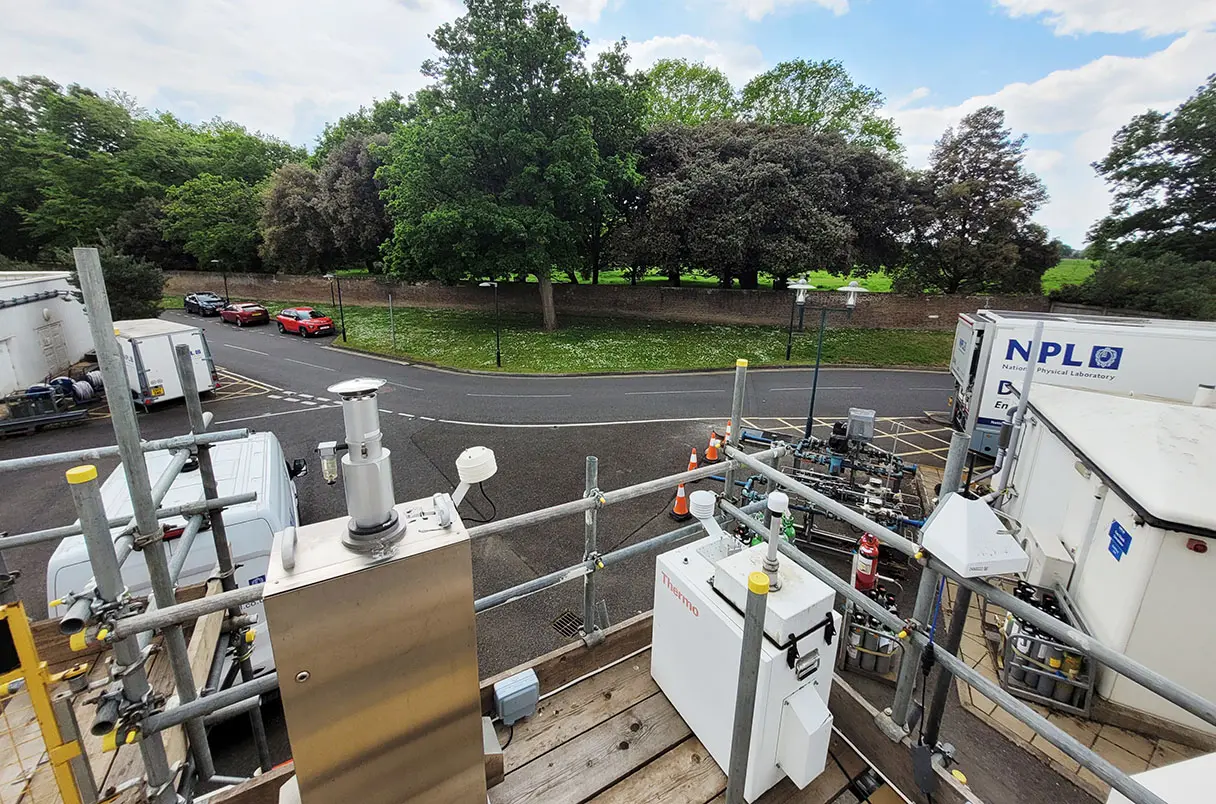
Authorities declared on Friday that ten Mexican towns, including the capital, saw record-high temperatures in the midst of a scorching heat wave that has forced blackouts across the country and nearly collapsed the electrical grid.
Temperatures in Mexico City, the largest city in North America and typically a moderately high-altitude capital, reached a high of 34.3 degrees Celsius (93.7 degrees Fahrenheit) on Thursday. This was a tenth of a degree greater than the record set just one month ago.
When it hit 35.2 C on Thursday, neighboring Puebla beat its previous high of 34.3 C, which was set in 1947.
Thursday's scorching 47.4 C temperature at Ciudad Victoria, in the US border state of Tamaulipas, across from the state of Texas, broke the previous record, which was set in 1998.
This week, the extreme heat led to several-hour-long blackouts in various parts of Mexico, primarily in the north, and the suspension of courses in the central state of San Luis Potosi, where temperatures hit 50 C.
Mexico's health ministry announced seven deaths caused by heat during this heat season between March 17 and May 4 in a weekly report released on Thursday. This number could climb in light of this week's extreme heat.
Global temperature increases and fatal heat waves are being driven by El Nino and human-induced climate change.
This week, the regulator of Mexico's electrical grid issued several warnings due to supply shortages in certain regions of the nation.
Critics of the blackouts included business organizations and industry analysts, who accused the government of underinvesting in energy transmission systems and in sufficient generation to meet demand.
The blackouts were called "exceptional" by President Andres Manuel Lopez Obrador, who will step down in October. He also gave assurance that Mexico had enough power capacity.
This hot wave coincides with a terrible statewide drought that has worsened the situation with water in many parts of Mexico, which has made water a major topic in the general elections scheduled for June.










